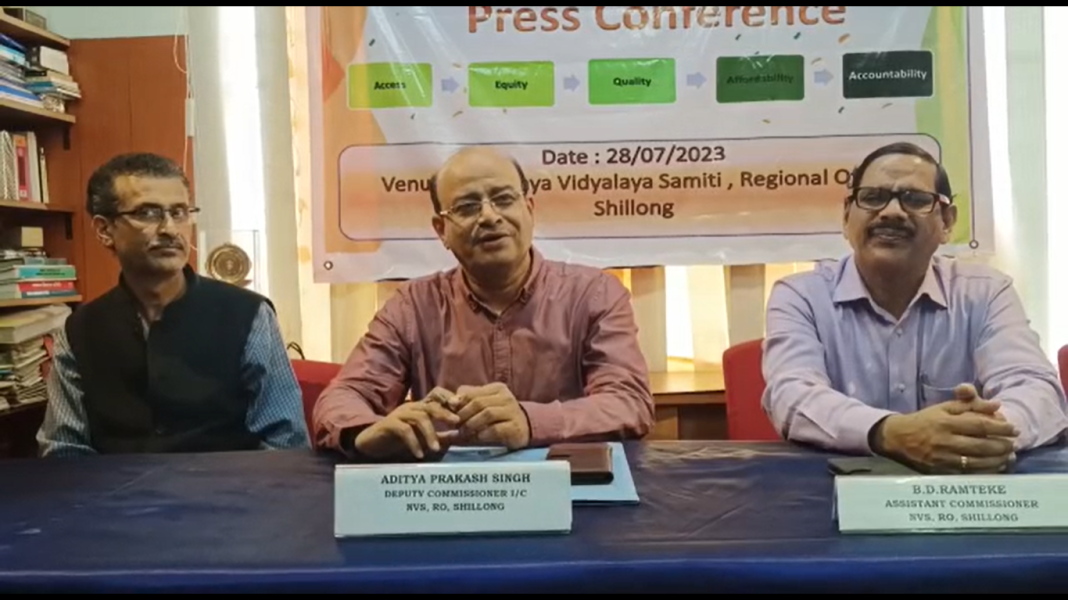Shillong, July 29: National Education Policy (NEP)-2020 has been an integration of Global with local; instilling among learner a deep-rooted pride in being Indian and developing knowledge, skills and values that make them truly global citizens, said Aditya Prakash Singh, Deputy Commissioner in-charge Navodaya Vidyalaya Samiti, Regional Office Shillong.
“NEP is promoting critical thinking rather than rote learning, focus on learning instead of studying, encouragement to scientific temperament,” added Principal KV EAC, Upper Shillong, Mon Bahadur Chetri.
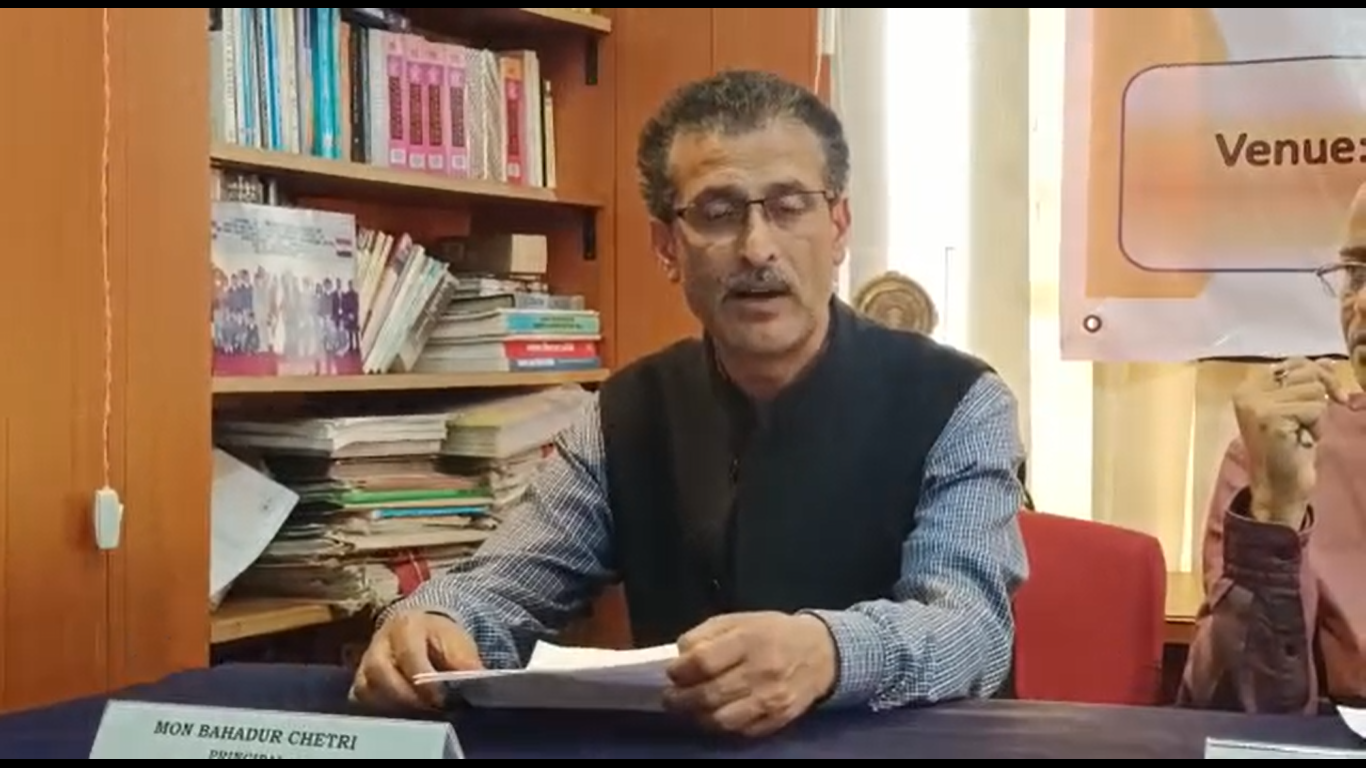
Ahead of the third anniversary of NEP-2020, they highlighted the benefits of implementation of NEP for three years at a joint press conference hosted by Navodaya Vidyalaya Samiti and Kendriya Vidyalaya Sangathan in Shillong on Friday. The event served as an opportunity to reflect on the transformative impact of the policy and discuss the institution’s progressive initiatives in alignment with the NEP-2020.
Addressing the gathering, Singh said that the NEP-2020 has laid the foundation for a forward-thinking approach that nurtures creativity, critical thinking, and practical skills, preparing our students to face the challenges of the 21st century. “NEP of 1986 was followed for 34 years. Ever since NEP-2020 was implemented, the activities held, beyond curriculum and syllabus have multiplied manifolds in central government schools like KV, JNV and other CBSE schools compared to the previous NEP period,” he said. It envisions a policy that aligns with the requirements of 21st-century India, fostering self-reliance (Atmanirbhar Bharat), and integrating the global with the local, Singh added.
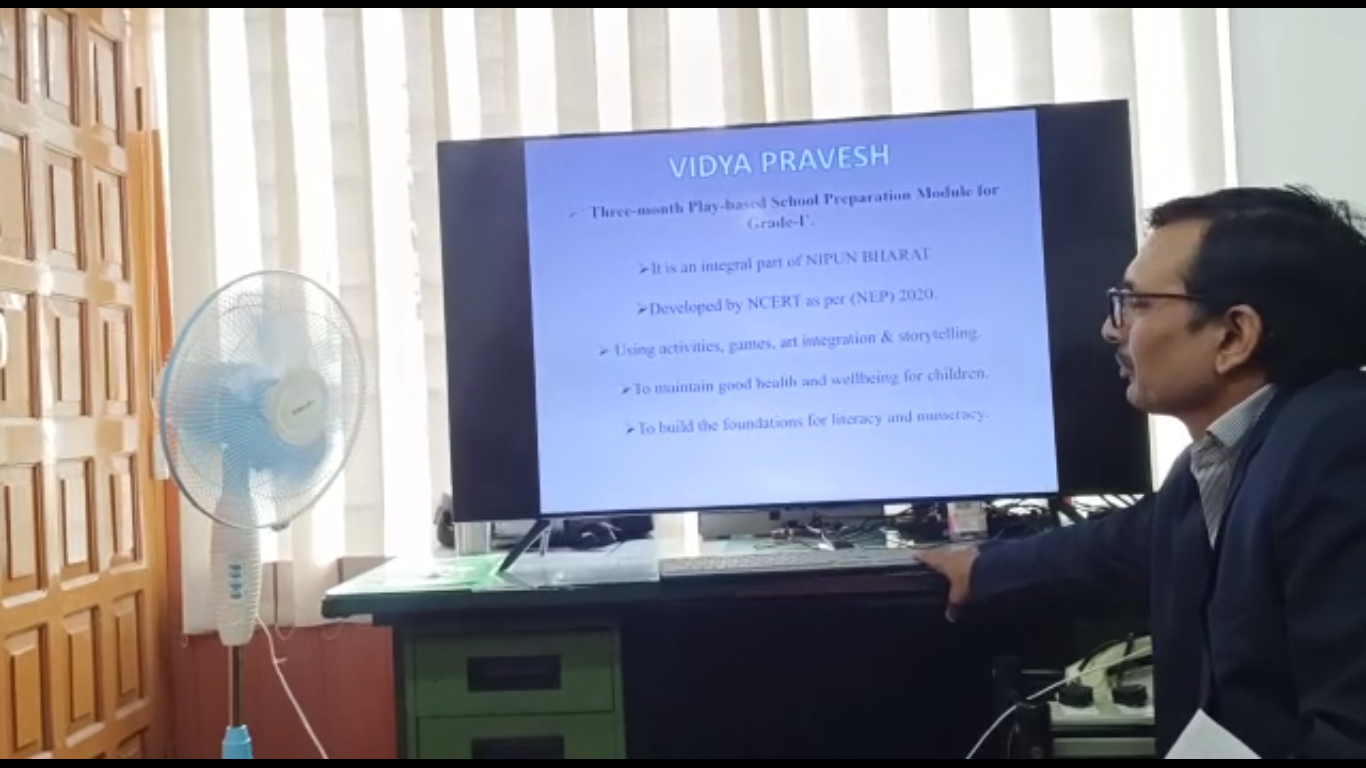
“NEP is promoting critical thinking rather than rote learning, focus on learning instead of studying, encouragement to scientific temperament,” stated Principal of KV EAC, Upper Shillong, Mon Bahadur Chetri. He held that NEP advocates for the universal provisioning of quality early childhood development, care and education by 2030. ‘NEP further recommended that prior to age of 5, every child will move to a ‘Preparatory Class’ or ‘Balvatika’ i.e. before Grade-I with focus on developing cognitive, affective, and psychomotor abilities.”
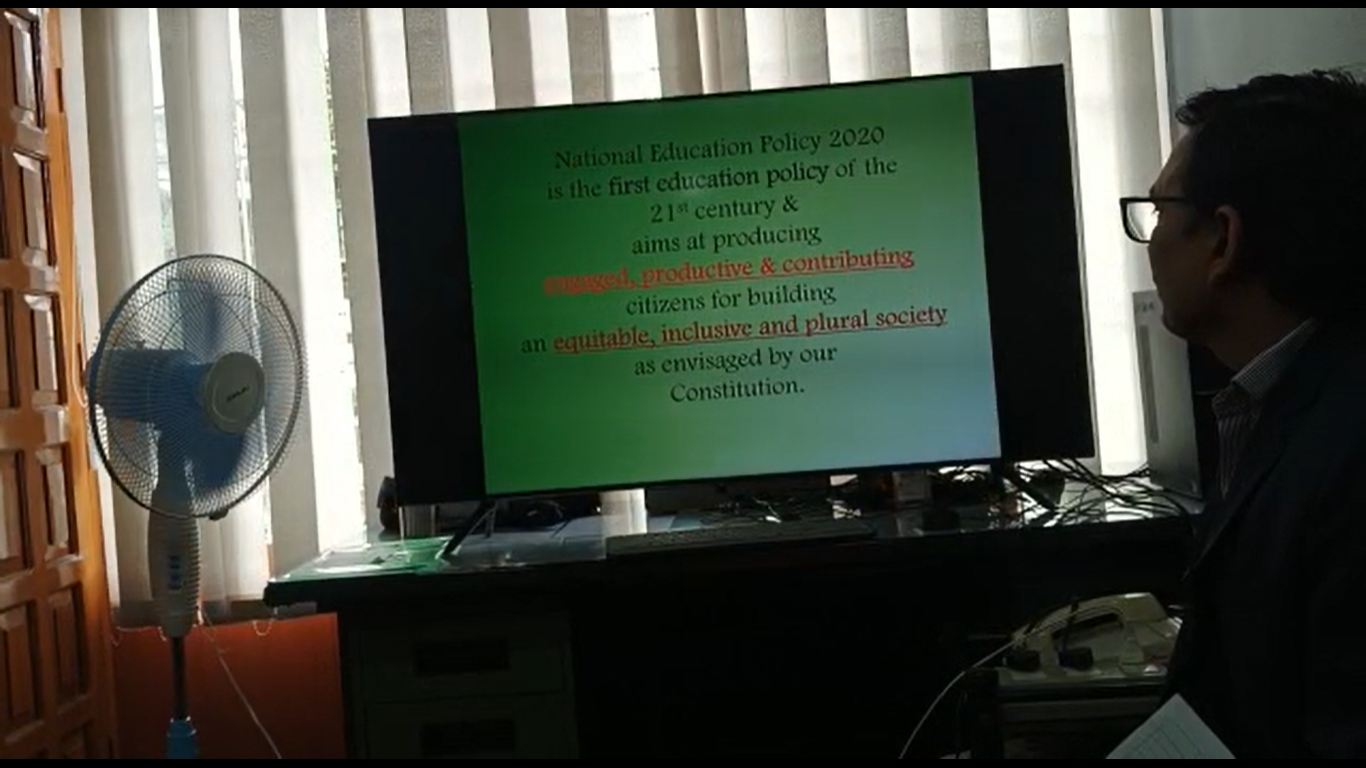
Vice Principal of KV Happy Valley, K. Ramesh, said NEP has shifted the traditional route of learning to experiential learning with an understanding of basic concepts. He said that activities like Science and Social Science exhibitions, Children’s Science Congress, interaction with role models and others have paved the way for practical, field-based learning. All this has enhanced the pleasure and joy of learning among children. All these programmes are supplemented with initiatives of NEP like the NIPUN initiative (National Initiative for Proficiency in Reading with Understanding and Numbers), students’ progress for intervention to bridge learning gaps, he added.
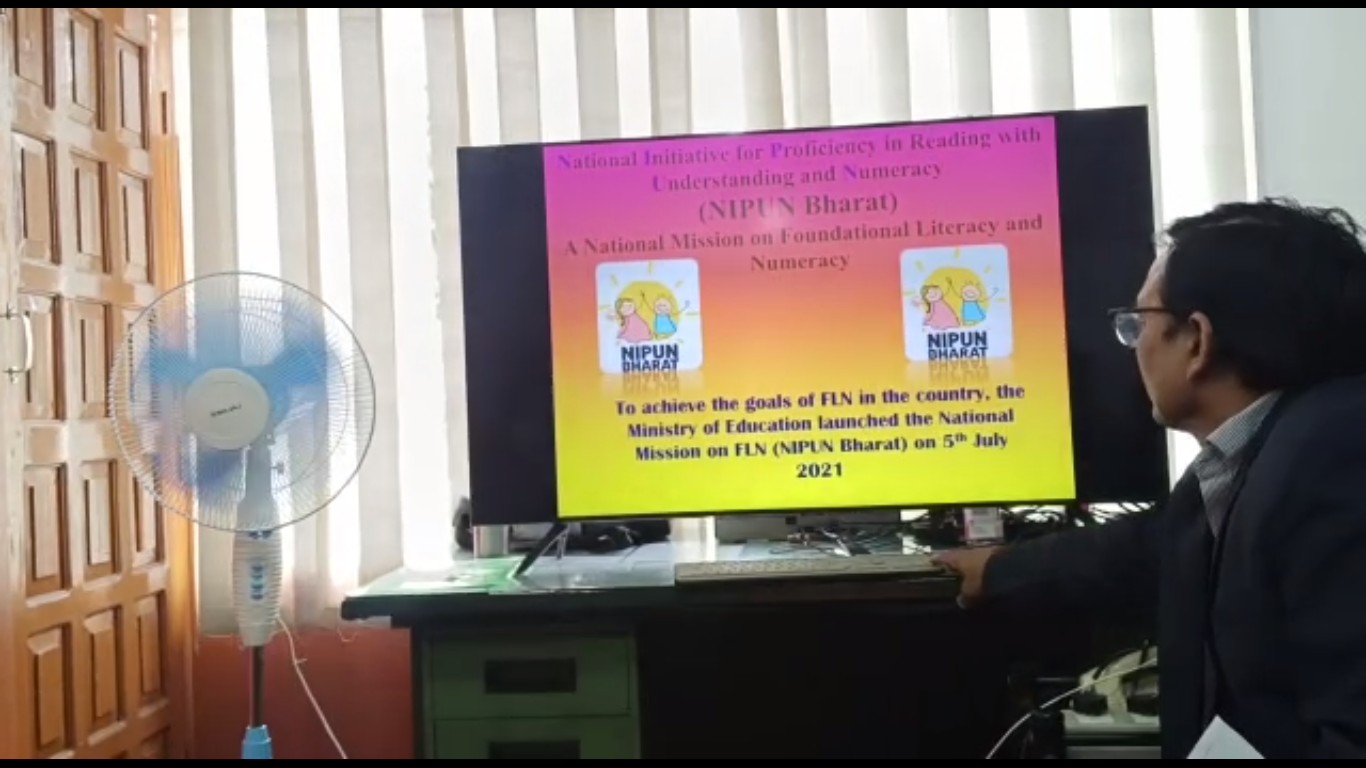
NEP is helping explore the unique capabilities and innate talent of each student. All these are helping for the holistic development of the students and preparing children for life after school. There are provisions to learn regional languages, he further said.
B D Ramteke, Assistant Commissioner, NVS Regional Office, Shillong, said that adequate faculty members and a better learning environment with technology integration, digital learning platforms like smart classes and other adequate infrastructure are provided by the Union Government to implement NEP. Teachers are provided adequate training with the help of workshops and others to improve the quality of teaching. He underscored the NVS’s unwavering commitment to NEP 2020 principles. The focus on competency-based learning in core subjects like language, Science, and Maths has transformed the learning approach, promoting conceptual understanding over rote learning, he added.
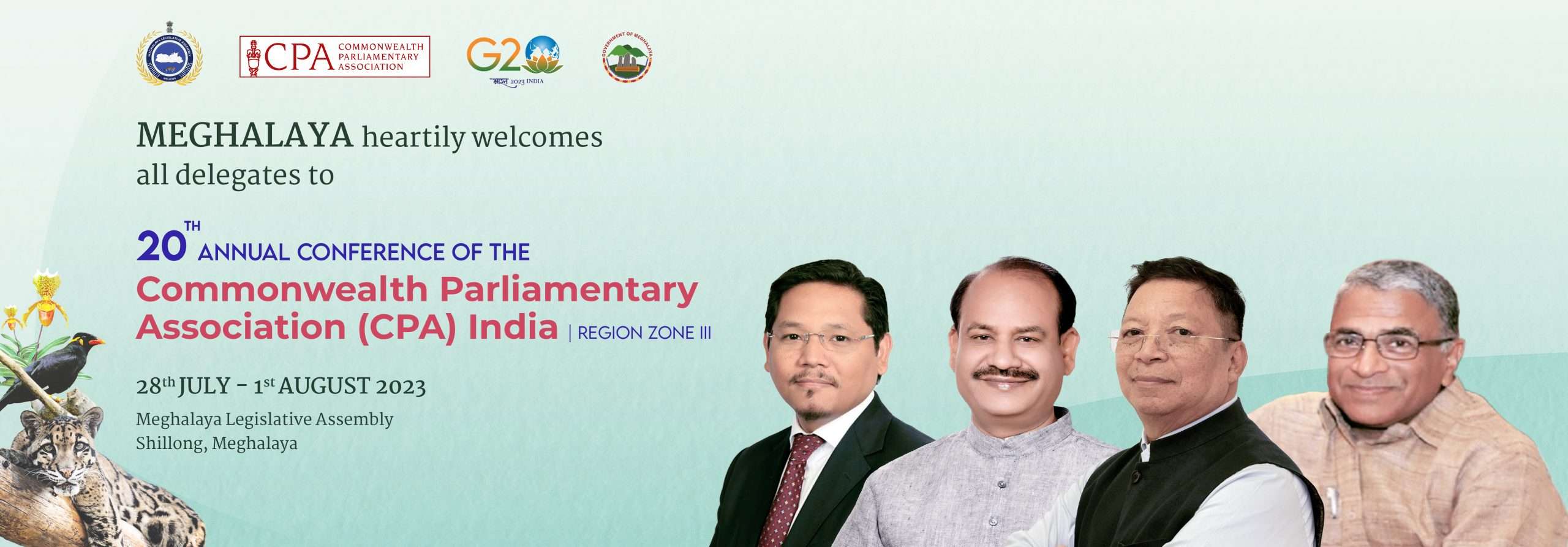
Neelam Sharma, Principal, JNV, East Khasi Hills spoke about PM Schools for Rising India, which is a centrally sponsored scheme intended to prepare schools of excellence. All categories of schools – Primary, Elementary, Secondary and Senior Secondary school will be selected under this initiative to be transformed as Exemplar Schools. The Scheme is proposed to be implemented over a period of 5 years w.e.f. 2022-23 to 2026-27. A total of 6448 schools across 30 State/ UTs/ Institutions (i.e., Kendriya Vidyalayas and Navodaya Vidyalayas) will be covered in the first phase, she added.
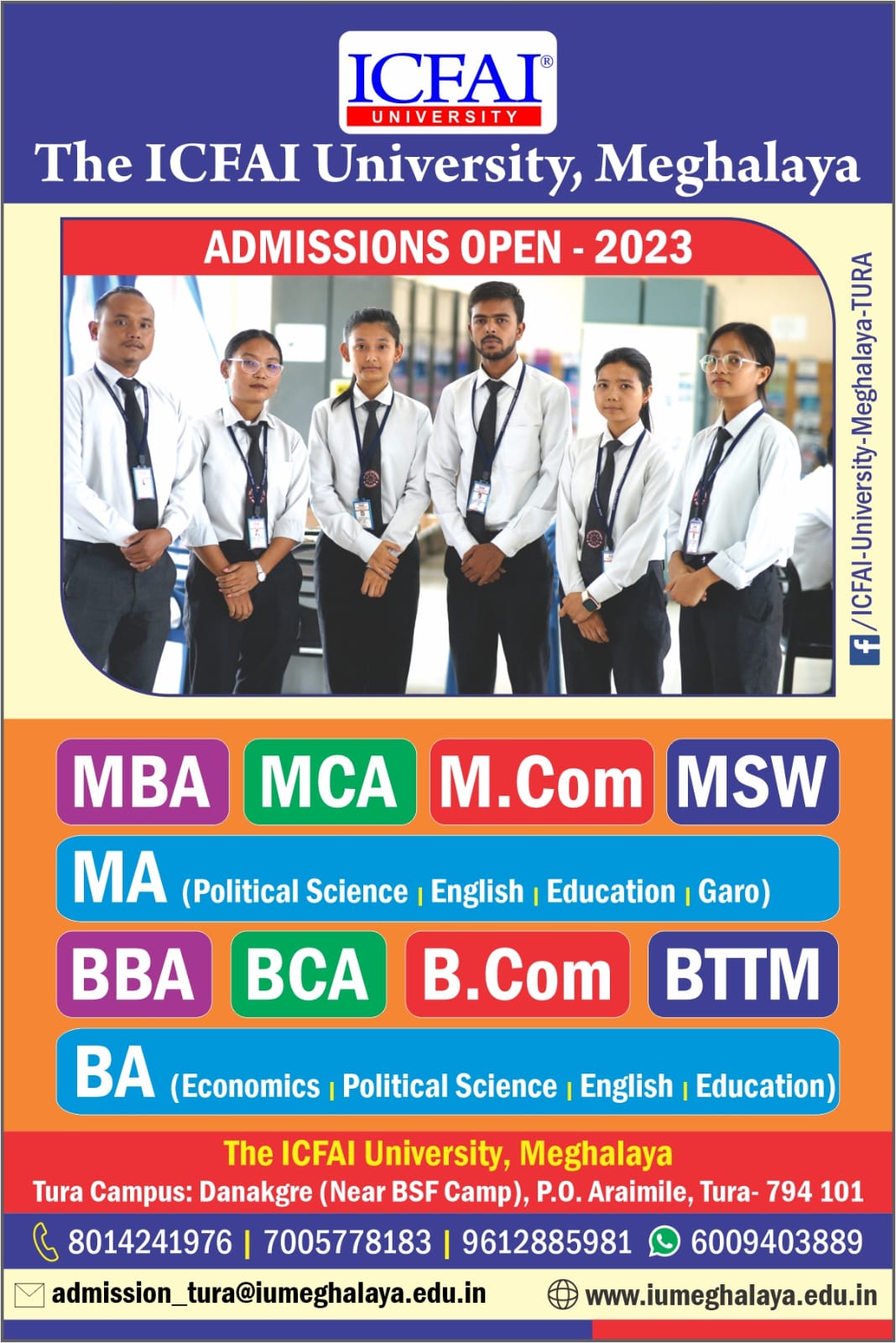
Also read: Garo Hills groups demand answers on security lapse for CM in Tura incident
WATCH:
Find latest news from every corner of Northeast India at hubnetwork.in, your online source for breaking news, video coverage.
Also, Follow us on-
Twitter-twitter.com/nemediahub
Youtube channel- www.youtube.com/@NortheastMediaHub2020
Instagram- www.instagram.com/nemediahub



